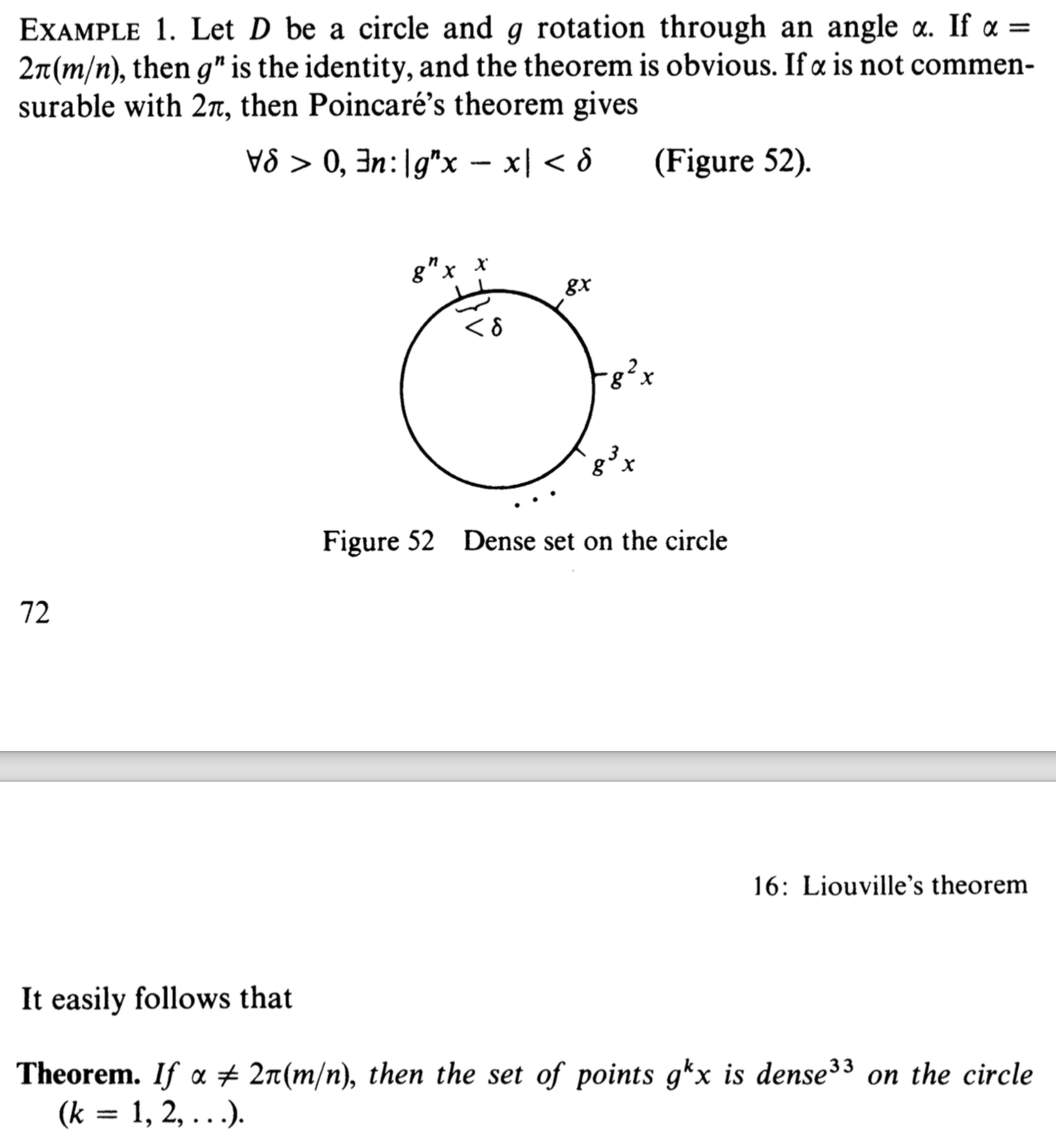00:00 - 22:0022:00 - 00:00
user116211
user116211
user116211
user116211
user116211
user116211
user116211
user116211
user116211
user116211
user116211
user116211
user116211
user116211
user116211
user116211
user54412
user54412
user54412
user54412
user54412
user54412
user54412
user54412
user54412
user54412
user54412
user54412
user54412
user54412
user54412
user54412
user54412
user54412
user54412
user54412
user54412
00:00 - 22:0022:00 - 00:00







